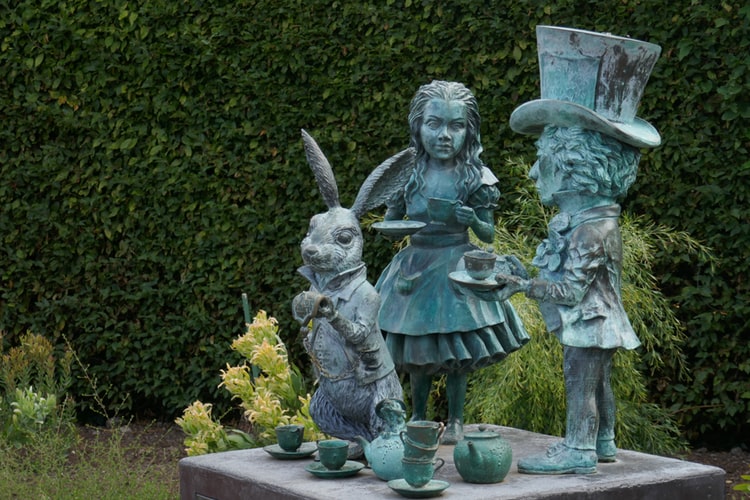I’ve been studying an essay written by Dogen, the founder of Soto Zen in Japan during the 14th century called “Instructions To The Head Cook.” It was meant to instruct, inspire, and guide head cooks in monastery kitchens. However, his writing could very well have been titled, “Instructions for dealing with uncertainty, with climate change, inequality, and with the Coronavirus,” or “Instructions for how to live our lives, however we might find them.”
Here are just a few instructions from this essay:
- Pay attention to the details.
- Be thorough. Slow down.
- Know what is needed and what is in the way.
- Encourage yourself with complete sincerity.
- Do not assume another person’s functions or neglect your own duties.
- Those who had shortcomings yesterday can act correctly today.
- Who can know what is sacred and what is ordinary?
- Put what is suited to a high place in a high place and what belongs in a low place in a low place.
- Let go of comparing mind.
- Do not see with ordinary eyes and do not think with ordinary mind.
This last instruction – do not see with ordinary eyes and do not think with ordinary mind – is one of the potential gifts of this time. Suddenly, nothing is ordinary. We have the opportunity to appreciate the ordinary from a new perspective. This includes sunsets, clouds, and flowers, as well as how we see and relate to the people around us. And it includes our patterns and how we ordinarily respond to any form of discomfort.
When you are feeling pressured or uncomfortable, do you ordinarily have a bias for action, or a bias for worry and fear? If this is the case you might explore trying on a bias for connection, a bias for savoring the ordinary, a bias turning the ordinary into the sacred.
At the conclusion of this essay Dogen says:
“In performing your duties you should maintain joyful mind, grandmother mind, and great mind.”
This is a somewhat practical, and sophisticated concept – that we can bring a particular view, attitude, and a particular “mind” to our activities, regardless of the circumstances, and right in the midst of whatever condition we find ourselves in.
The mind of joy is the mind that appreciates everything. What does joy feel like in the body? Thich Nhat Hanh suggests sitting with a half smile, to slightly lift the edges of our lips, not as a way to avoid or suppress pain and difficulty, but to practice joy, no matter what the situation.
Grandmother mind is the mind of acceptance and unconditional love.
Great mind is like a great mountain or a great ocean, the feeling of returning home. The mind that embodies impermanence – that this breath is new, has never happened before and won’t again. It’s the mind of great belonging. Great mind is the mind that cuts through the illusion of separateness.
We are all the head cooks in this kitchen that we call our work, our relationships, our lives. Let’s all work together with whatever ingredients we have, with wholehearted sincerity, with joyful mind, with grandmother mind, and with great mind.


